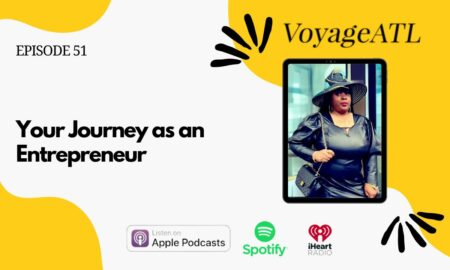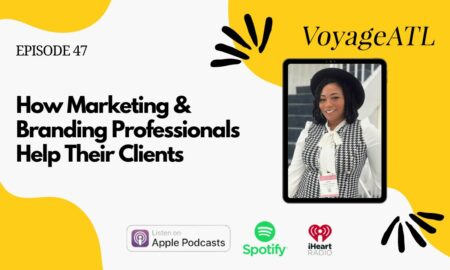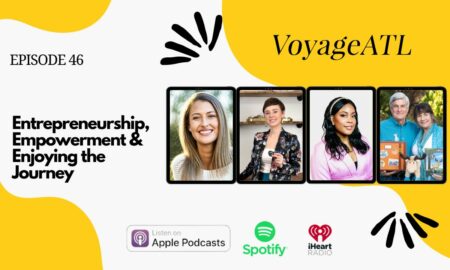

Today we’d like to introduce you to Kate McKee.
So, before we jump into specific questions about the business, why don’t you give us some details about you and your story.
Like most people, about seven years after college, I wasn’t sure what I wanted to do with myself. I worked in the legal field and knew practicing law wasn’t for me. (Mucho respect to the attorneys out there!) A friend told me about court reporting, a profession which I then knew very little about, and I immediately decided that was my future.
Years later, I am out working in the field and loving my job.
So, what does a court reporter do? The short answer is, a lot of listening! Legal proceedings under oath must have some form of the neutral record keeper. That person, the court reporter, is present at said proceedings to record verbatim testimony. After the proceeding, the reporter will take their record and turn it into a readable, correctly punctuated transcript.
There are several methods of a takedown, and I’d say the most historically recognizable one is the stenography machine. No doubt, you’ve seen one on TV or in a movie, it’s a chorded machine that uses sounds and phrases to make words using shorthand. The keys have no markings on them and the modern stenography machine, although now paperless with lots of fancy software options, is virtually identical to the machines used 50 plus years ago.
Great, so let’s dig a little deeper into the story – has it been an easy path overall and if not, what were the challenges you’ve had to overcome?
LOLZ. Oh, no. No, no. Ask any court reporting student, and they will tell you that school and training is a challenge. It’s really hard… not always difficult, but hard. Not only do you have to learn terminology and procedures, but your biggest challenge will be when you build your speed. The idea is to connect your hands on your keyboard directly to your ears so that you can record speech over 225 words per minute. Considering you start at 60 wpm, that’s a big hill to climb.
BUT, a big but, there is work. A lot of it. Once you’re licensed, you will always be able to find a job. And if you receive your national certification, you can work anywhere.
Alright – so let’s talk business. Tell us about NA – what should we know?
Aside from the fact that every day is different, I am constantly learning something new. Some days involve testimony from a car accident, a slip, and fall case or family law matters. Other days the witness may be a medical examiner, an engineer, or a CPA.
Most court reporters have two major options: court or freelance. Court is more of the standard typical 9:00 to 5:00 p.m., although reporters there certainly work outside of those hours. Usually, you get an office, you typically have one judge that you work for exclusively, and your job will involve civil and criminal cases.
Freelance, the arena I’m in, is different. I primarily work in civil litigation depositions (events of sworn testimony that take place outside of the courtroom) at whatever location is requested, usually a law firm. I take depositions all over the city even though the firm I work for is based in Marietta.
Closed captioning is another option for those who may not be as interested in the legal side. And per the Americans with Disabilities Act, there is always a need for this skill too.
I am really proud of being a certified court reporter and must add that I also hashtag truly blessed to work for an awesome firm with some seriously talented people.
And I must also mention that becoming a working court reporter would never have been possible without an incredible support system, my husband, Andrew, my family, and a team of incredible friends.
Is there a characteristic or quality that you feel is essential to success?
Determination and being able to bounce back from setbacks. (Any court reporter will agree that’s THE only way to get through training.)
 Image Credit:
Image Credit:
Kevin Ward (headshot)
Getting in touch: VoyageATL is built on recommendations from the community; it’s how we uncover hidden gems, so if you know someone who deserves recognition please let us know here.




















Arlene Dauphin
January 9, 2019 at 9:12 pm
I knew I should have followed that path years ago. I love the law but like Kate, did not want to be a lawyer. She makes it sound so great, if I wasn’t in my seventies I’d go for it!!